Announcing the completely revised third edition of What to Expect the First Year. With over 10.5 million copies in print, First Year is the world’s best-selling, best-loved guide to the instructions that babies don’t come with, but should. And now, it’s better than ever. Every parent’s must-have/go-to is completely updated.
Keeping the trademark month-by-month format that allows parents to take the potentially overwhelming first year one step at a time, First Year is easier-to-read, faster-to-flip-through, and new-family-friendlier than ever?packed with even more practical tips, realistic advice, and relatable, accessible information than before. Illustrations are new, too.
Among the changes: Baby care fundamentals?crib and sleep safety, feeding, vitamin supplements?are revised to reflect the most recent guidelines. Breastfeeding gets more coverage, too, from getting started to keeping it going. Hot-button topics and trends are tackled: attachment parenting, sleep training, early potty learning (elimination communication), baby-led weaning, and green parenting (from cloth diapers to non-toxic furniture). An all-new chapter on buying for baby helps parents navigate through today’s dizzying gamut of baby products, nursery items, and gear.
Also new: tips on preparing homemade baby food, the latest recommendations on starting solids, research on the impact of screen time (TVs, tablets, apps, computers), and “For Parents” boxes that focus on mom’s and dad’s needs. Throughout, topics are organized more intuitively than ever, for the best user experience possible."













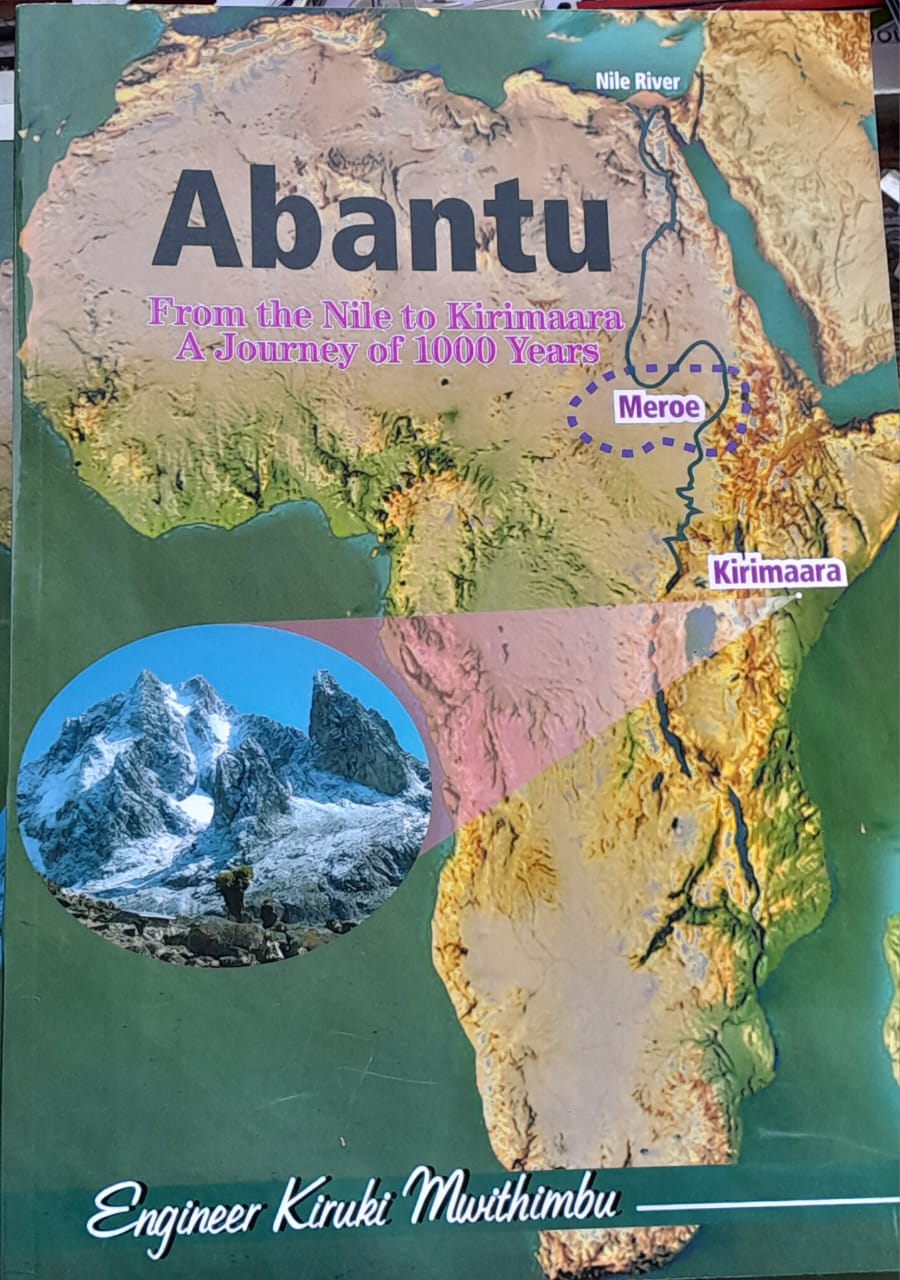










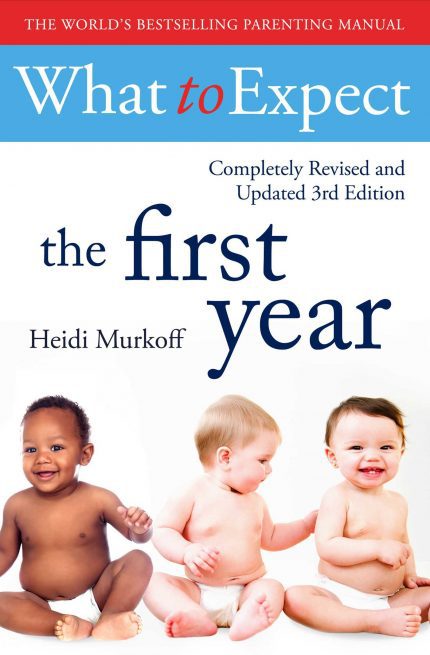







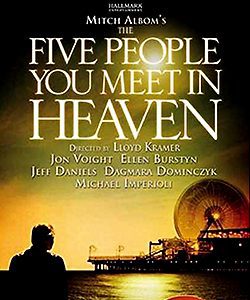

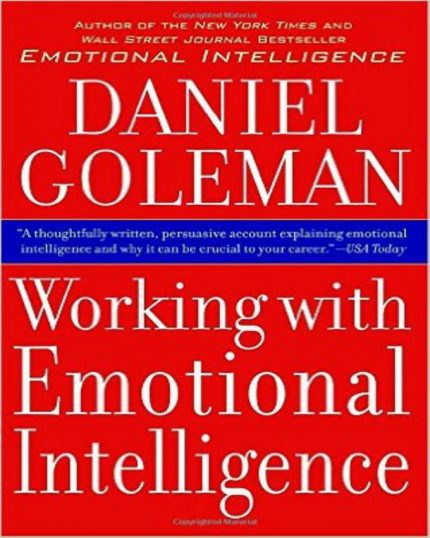


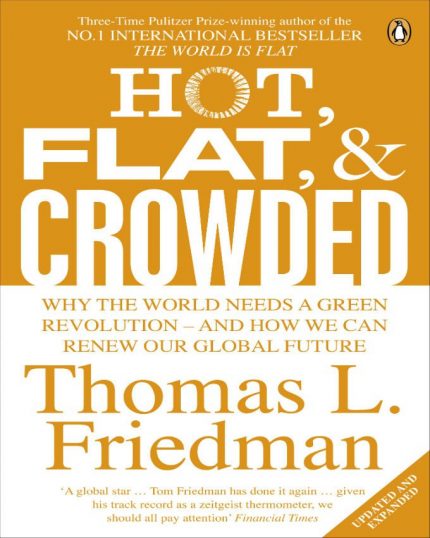




Kiruki –
Until the Lion knows how to write, the story of the hunt always glorifies the hunter!
This is the predicament of many Africans as their stories out there are told by their conquerors. In many cases, what should come out heroic and simmering with bravado limbs in Ignominiously and sits at the back without so much as arousing a whiff of excitement from the congregation! This is the narrative ABANTU seeks to neutralize.
ABANTU is the story of the Mt Kenya Bantu chronicling the long journey from the Nile to Mt Kenya – also called Kirimaara by the Ameru, the earliest settlers in the region. The book covers and demystifies many commonly talked about myths of origin of the Agikuyu, Aembu, Akamba, Abagusii and the Ameru. In the process, it creates a common thread that sews them back together as they left the ancient kingdom of Meroe circa 300 AD.
Cultural ceremonies of Ngurario, circumcision and warfare are covered in interesting detail that should incite the reader to carry out more research…
… AND,… DID YOU KNOW THAT THE MAASAI ARE GENETIC COUSINS OF THE MT KENYA BANTU?
Get your copy and read on.